A humic fertilizer is a natural substance used for enhancing soil fertility and stimulating plant growth. Rich in humic substances, including humic and fulvic acids, these fertilizers are derived from the decomposition of organic matter, particularly leonardite. They are known for their ability to improve soil structure, increase water retention, and enhance nutrient uptake by plants. Alibaba.com offers a diverse range of humic fertilizer products suitable for various agricultural needs.
Types of Humic Fertilizers and Their Characteristics
Within the category of humic fertilizers, there are several types, each with unique characteristics. The humic acid liquid fertilizer is easily absorbed by plants and can be applied directly to the foliage or soil, making it a versatile choice for various crops. On the other hand, humic acid granular fertilizer is favored for its slow-release properties, providing a steady supply of nutrients over time. Specialty blends, such as those containing humic acid fulvic acid amino acid fertilizer, offer a comprehensive approach to plant nutrition, catering to more specific agricultural needs.
Structure and Operation of Humic Fertilizers
The structure of humic fertilizers is complex, comprising high molecular weight molecules that are capable of chelating nutrients and promoting their availability to plants. In its granular form, the fertilizer is designed to break down slowly under soil conditions, releasing nutrients gradually. The liquid form, conversely, is structured for immediate availability, with a composition that allows for easy absorption by plant roots or leaves.
Materials and Properties of Humic Fertilizers
The materials used in humic fertilizers, such as leonardite, are chosen for their rich content of humic and fulvic acids. Leonardite, a highly oxidized form of lignite coal, has a high humic substance content, making it an excellent raw material for these fertilizers. These materials are known for their chelating properties, which bind to nutrients and enhance their uptake by plants, as well as their ability to stimulate microbial activity in the soil.
Business Usages and Applications of Humic Fertilizers
Humic fertilizers are widely used in agriculture, horticulture, and landscaping. They are particularly valuable in intensive farming settings where soil depletion is a concern. In such industries, these fertilizers restore soil health, leading to more robust crop yields and better quality produce. Additionally, they are used in turf management for golf courses and public parks, where the maintenance of healthy grass is essential.
Functions of Humic Fertilizers
The primary function of humic fertilizer is to enhance the soil's nutrient content and improve plant growth. By increasing the cation exchange capacity of the soil, these fertilizers facilitate better nutrient absorption. They also function to improve soil structure, which allows for better water retention and root aeration.
Features of Humic Fertilizers
Humic fertilizers stand out for their eco-friendliness and sustainability. Unlike synthetic fertilizers, they do not lead to salt accumulation in the soil. They also feature a natural composition that supports the soil's microbiome, an essential aspect of organic farming. The unique selling point of these fertilizers is their ability to improve soil health over the long term, rather than providing a quick, temporary boost to plant growth.
Benefits of Humic Fertilizers
The use of humic fertilizers brings numerous benefits, including improved soil fertility, enhanced plant resistance to stress, and increased yield. For the user, this translates to healthier crops and potentially higher profits. Additionally, the environmental benefits of using a natural product contribute to the sustainability of farming practices.
How to Use Humic Fertilizer for Optimal Results
To use humic fertilizer effectively, it should be applied at the right time and in the correct quantities. For liquid forms, dilution with water is often necessary, and it can be applied via drip irrigation systems or as a foliar spray. Granular forms can be incorporated into the soil prior to planting or used as a top dressing for established plants.
How to Choose the Right Humic Fertilizer
Choosing the right humic fertilizer involves assessing the specific needs of the soil and the crops being grown. Factors such as soil pH, existing organic matter, and the crop's growth stage should be considered. Products like iffco humic acid are known for their consistent quality and can be a good starting point for those new to using humic fertilizers.
How to Clean and Maintain Soil Treated with Humic Fertilizer
Cleaning and maintaining soil treated with humic fertilizer involves regular testing to monitor nutrient levels and pH. Adjustments can be made by varying the type and amount of fertilizer applied. Maintaining a balanced soil ecosystem is crucial, and this can be achieved by rotating crops and incorporating organic matter regularly.
How to Install Humic Fertilizer in Agricultural Settings
Installing humic fertilizer is a straightforward process. For granular types, it can be spread manually or with a mechanical spreader and then worked into the soil. Liquid types can be applied using irrigation systems or sprayers. It is important to ensure even distribution to avoid over-concentration in any part of the soil.
Target Audience and Meeting Their Needs
The target audience for humic fertilizer includes farmers, horticulturists, and landscape professionals. These products meet their needs by providing a sustainable, efficient, and cost-effective way to enhance soil quality and plant growth. For organic farmers, in particular, humic fertilizers align with the principles of organic agriculture, offering a product that supports both crop and environmental health.
What are the advantages of using humic fertilizer over conventional fertilizers?
Humic fertilizers offer several advantages over traditional mineral fertilizers. They improve soil structure, increase nutrient availability, and reduce nutrient leaching. Unlike synthetic fertilizers, humic acid fertilizers do not contribute to the buildup of salts in the soil, which can be detrimental to plant health.
How does humic fertilizer contribute to sustainable agriculture?
Humic acid organic fertilizer plays a pivotal role in sustainable agriculture by enhancing soil carbon content, promoting microbial activity, and reducing the need for chemical inputs. By improving soil health, they contribute to the long-term viability of agricultural ecosystems.
Can humic fertilizer be used in conjunction with other fertilizers?
Yes, humic fertilizer can be used alongside other fertilizers to create a balanced nutrition plan for crops. It is compatible with most agricultural inputs and can even enhance the efficacy of other fertilizers by facilitating better nutrient uptake.



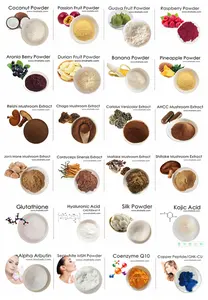



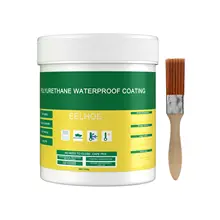

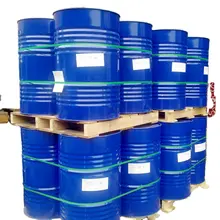
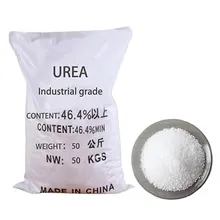
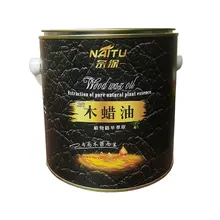

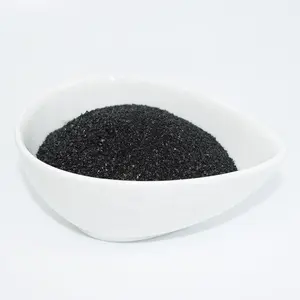




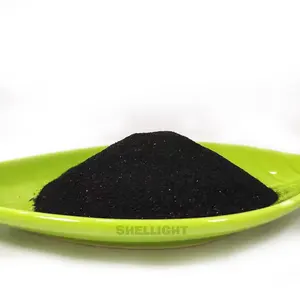























 浙公网安备 33010002000092号
浙公网安备 33010002000092号 浙B2-20120091-4
浙B2-20120091-4